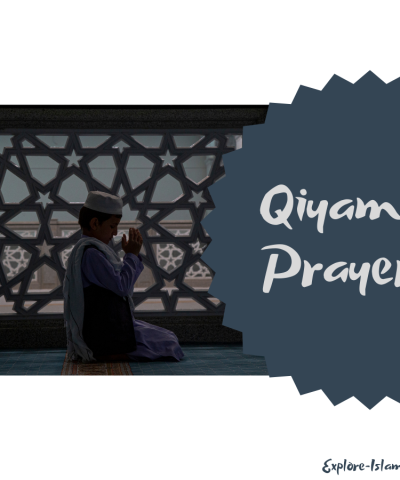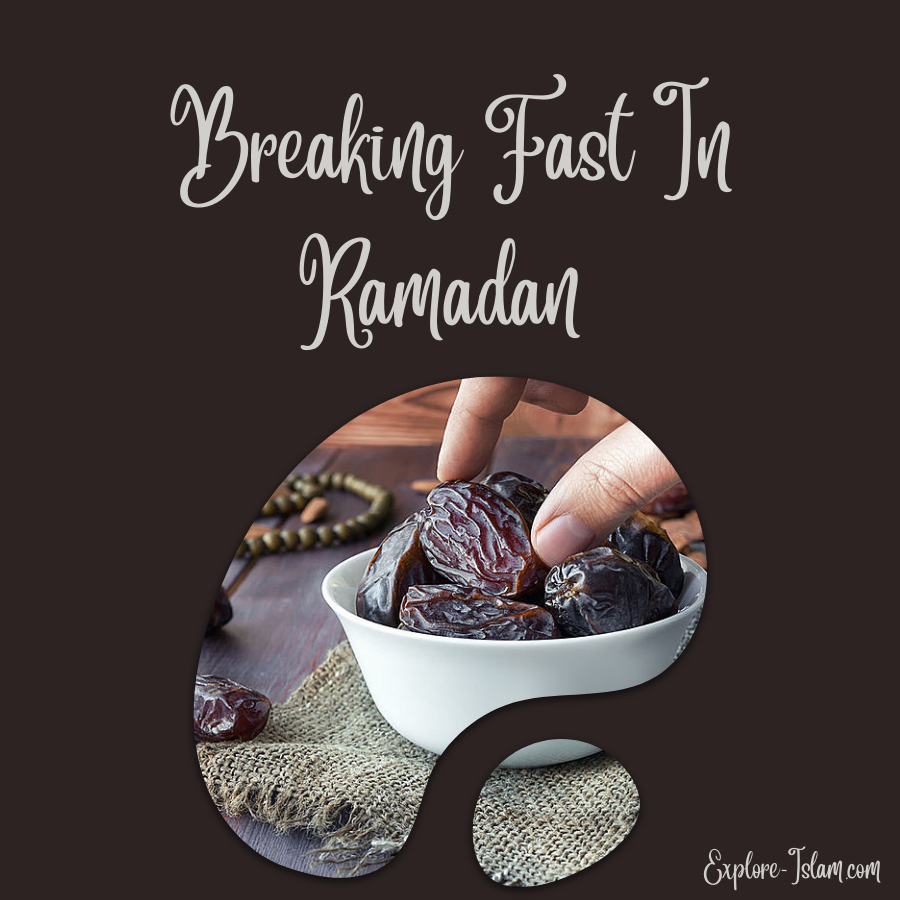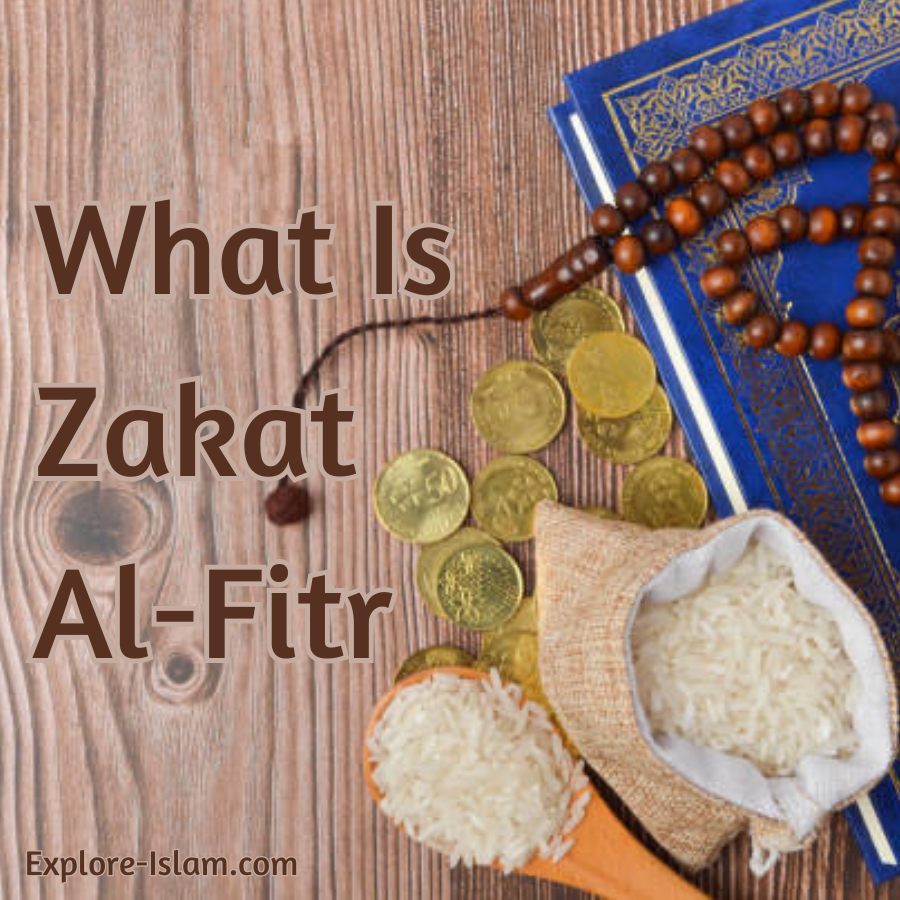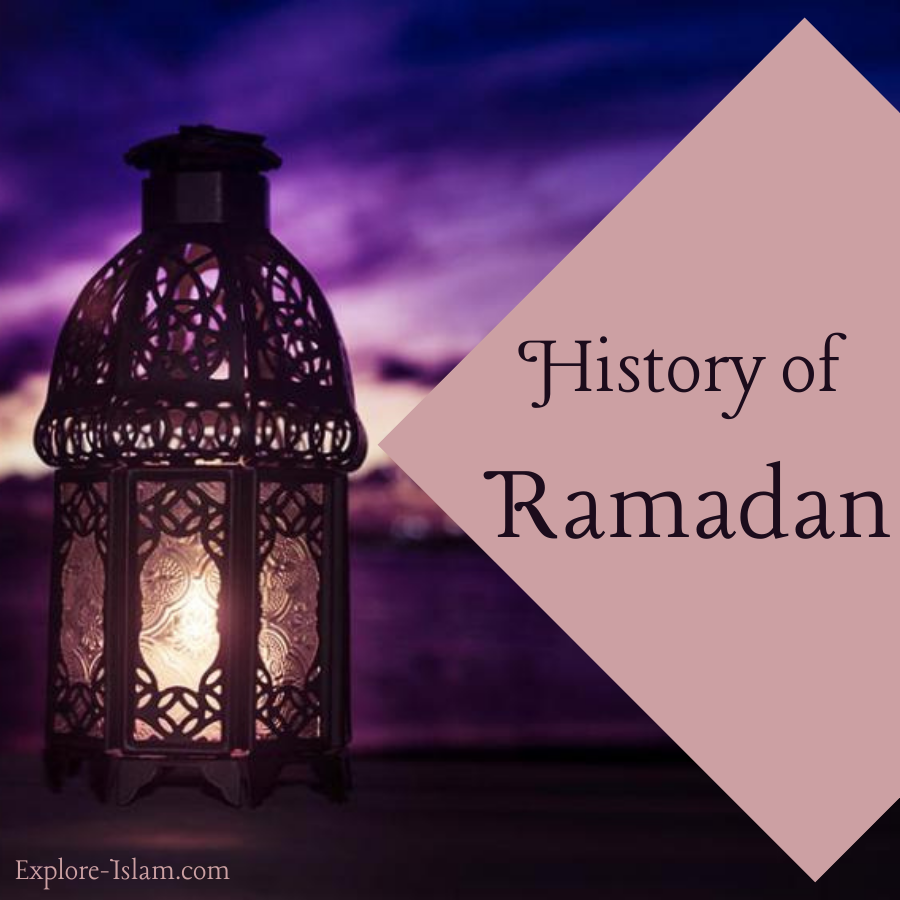
This guide covers Qiyam al-Layl, including its importance, the Prophet’s method of performance, and the best times for it.
Continue Reading
This guide explains the immense rewards of Laylatul Qadr, its significance in the Quran, and how to seek it during the last ten nights.
Continue Reading
This guide details the rules for breaking fast, including valid exceptions, methods of expiation, and the consequences of missed days.
Continue Reading
This guide explains Zakat al-Fitr, covering its rules, 2026 calculation, and its role in purifying the fast while supporting the needy.
Continue Reading
This guide explains how to maintain spiritual habits and preserve the rewards of Ramadan throughout the year.
Continue Reading
This guide explains why the last ten days of Ramadan are the month’s spiritual peak and how to maximize worship.
Continue Reading
This guide covers Ramadan activities and worship focused on self-discipline, community, and seeking God’s pleasure.
Continue Reading
2 billions are fasting from sunup to sundown every day for an entire month of Ramadan. Here is how to share?
Continue Reading
This guide explores the history, origins, and spiritual practices of Ramadan that foster self-discipline and community bonds.
Continue Reading
This guide provides fun, educational activities to help children learn Islamic values and the spirit of Ramadan.
Continue Reading
This guide explains Iʿtikāf, a spiritual retreat focused on prayer and seclusion to strengthen one’s connection with Allah during Ramadan.
Continue Reading
This guide provides the most appropriate Ramadan greetings and wishes to help share kindness and respect with the Muslim community.
Continue Reading